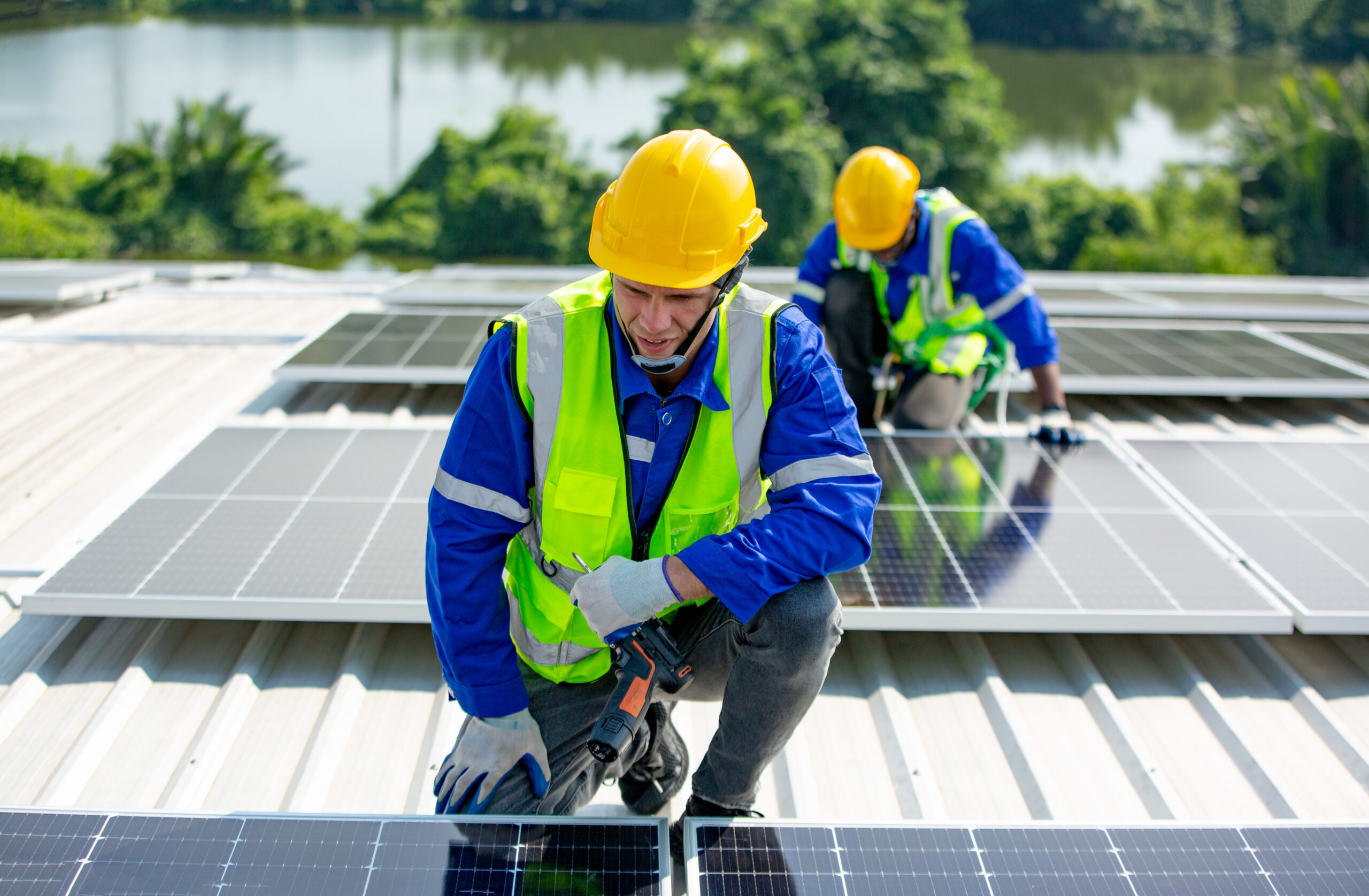Using solar energy has gained immense popularity due to its potential to help reduce energy bills, decrease carbon footprints, and provide energy reliability. However, installing solar panels on your roof can be an intimidating and perplexing process. In this article, we provide you with valuable tips that will not only help you choose the correct solar panel system but also aid in its installation. Keep reading!
Choosing the Right Solar Panel System
The first step in installing solar panels is choosing the right solar energy system. When choosing the system, factors such as the roof’s size, installation area, and the energy requirements of your household need to be considered. A professional solar company will help you in making an informed decision and provide you with a suitable solar system. It is important to select a system that caters to your specific energy needs, as solar panel efficiency directly impacts the return on investment.
Next, consider the type of solar panels that will work best for your home. Consult with your solar company to design a customized plan to determine which type of solar panel is best for your particular situation. Then, investigate the potential financial incentives, such as tax credits, rebates, and other incentives offered by the federal government, state governments, or utility companies.
Renewable energy incentives can significantly reduce the cost of installing solar panels and improve the return on investment. Always perform thorough research to ensure compliance with local regulations and eligibility for the financial incentives available in your area.
Preparing Your Roof for Solar Panel Installation

Before the process begins, it is crucial to prepare your roof for solar panels. First, inspect your roof’s condition to ensure its ability to accommodate the weight of the solar panels. It is a wise move to hire a professional Pittsburgh roofing company to assess the structural integrity of your roof and determine if repairs or reinforcements are required. A sturdy and well-maintained roof is essential for the successful professional installation of solar panels.
Another vital aspect is to evaluate the angle and orientation of your roof. The roof’s angle will impact the solar panels’ efficiency, as they perform better when sunlight hits them directly. Solar panels should ideally face south in the northern hemisphere and north in the southern hemisphere. Sufficient sunlight exposure is necessary for the panels to generate the maximum amount of energy. If your roof’s angle is not ideal, adjustable mounting systems can be employed to optimize the solar panels’ angle.
Additionally, remove any potential obstructions on the roof, such as tree branches or debris, that may cast shadows on the solar panels. Shade can considerably reduce solar panel efficiency. It is essential to clean and maintain the roof regularly to ensure your solar panels continue to function optimally.
Coordinating With Your Local Utility Company
Before installing solar panels, it is important to coordinate with your local utility company. They will guide you through the process of connecting your solar power system to the grid, which is crucial for net-metering benefits. Net-metering allows you to receive credits for any excess energy your solar panels produce, which can be applied to your utility bill. Keep in mind that utility companies often have specific requirements and regulations that may affect your solar panel professional installation.
Negotiating a power purchase agreement (PPA) with your utility company will enable you to sell any surplus generated energy to the grid, effectively reducing your electricity bills. The agreement will outline the terms and conditions, including the price per kilowatt-hour paid by the utility company for the excess energy your solar panels produce.
It is also important to obtain the necessary permits and inspections from your local government and utility company before installing solar panels. This will ensure compliance with local regulations and prevent any legal issues that may arise if proper procedures are not followed.
Working With a Trusted Solar Installer

Working with a professional and trusted solar installer will ensure the success and longevity of your solar power system. An experienced solar company will design a suitable solar system for your home, ensure correct installation, and provide support in obtaining permits and inspections. Additionally, they will guide you through the process of obtaining various incentives and rebates, which can help reduce the overall installation costs.
To ensure seamless installation and optimal operation, consider choosing a solar installer that offers an all-inclusive service, covering design, installation, and maintenance. This will save time and effort in coordinating with multiple parties and guarantee a smoother experience.
Altogether, the decision to install solar panels is a significant investment that will not only reduce your energy bills but also contribute to a sustainable future. Following these tips will undoubtedly aid in selecting the right solar panel system, preparing your roof, coordinating with the utility company, and working with a trusted solar installer, ensuring a successful and worry-free solar panel installation journey.







